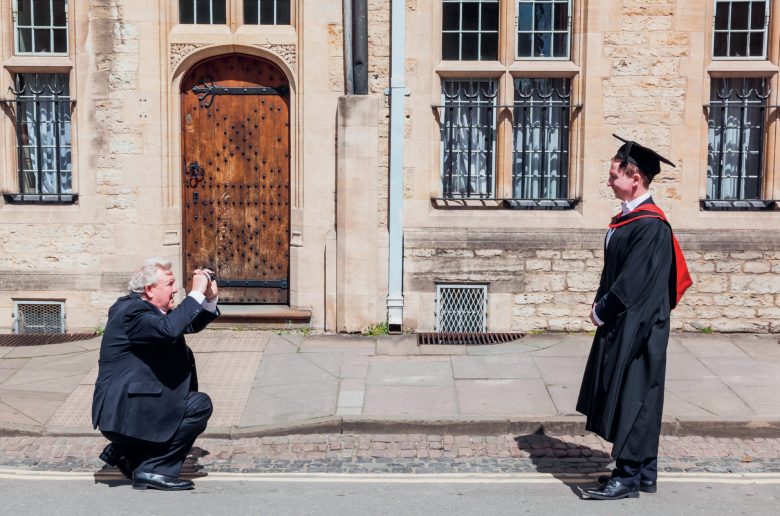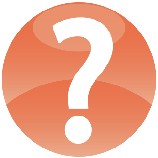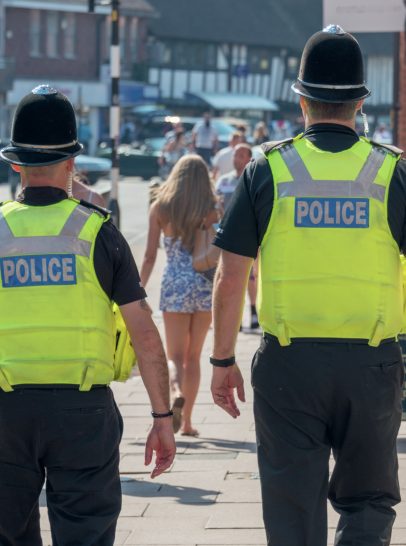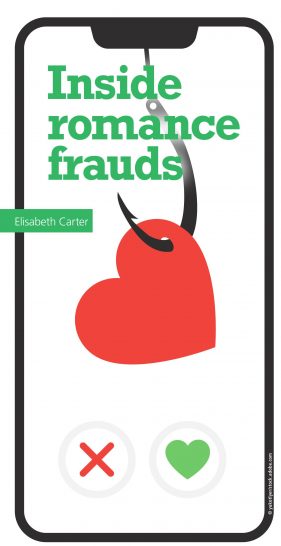
We know that all societies are economically unequal to a greater or lesser degree, and that some people have more wealth than others, but how do we determine who could or should be described as ‘poor’, or ‘in poverty’? This, together with the decision about what then to do about it, is a long-standing question that has taxed various governments, policymakers and social reformers. With the growth in the Western world of ideas about democracy, fairness and human rights, the question has become increasingly significant.
In order to determine who should be classified as being in poverty, there has to be a definition by which poverty can be measured. Increasingly, definitions of poverty have centred around the idea of ‘relative poverty’-that is, poor people are those who lack an income sufficient to allow them to live at a standard considered ‘normal’ or ‘acceptable’ for society as a whole.
Your organisation does not have access to this article.
Sign up today to give your students the edge they need to achieve their best grades with subject expertise
Subscribe




